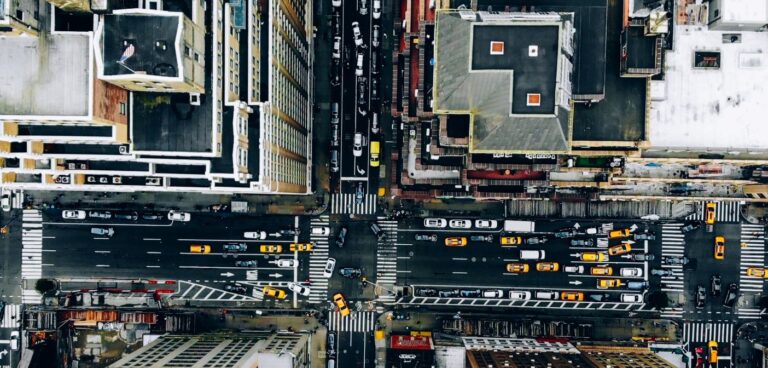New York City is investing US$420m (£310m) in EVs and charging infrastructure to accelerate its transition to an all-electric municipal fleet by 2030.
New York City currently operates the largest municipal fleet in the USA with nearly 30,000 vehicles, and some 1,250 EVs are to be procured for this fleet in 2022, said city officials.
According to an Executive Order signed by New York mayor Bill de Blasio, with the NYC Department of Citywide Administrative Services, all passenger cars and light commercial vehicles (LCVs) in the city’s fleet must be purely electric by 2030. Furthermore, all light-duty, medium-duty, and non-emergency heavy-duty vehicles will be converted to electric by 2035.
The city will also expand the use of alternative fuels, including renewable diesel, a 99% petroleum-free alternative to conventional diesel fuel made from domestic waste products that achieves a 60% greenhouse gas reduction and features lower tailpipe emissions than fossil fuel. Renewable diesel will be used in the truck fleet until EVs are available.
New York City is not only scrutinising the type of personal mobility vehicles used in state fleets but also the amount of public energy and space these vehicles use per person and journey. “It [the Executive Order] also requires a review of every SUV in city government and the elimination of any unnecessary use of SUVs”, the city’s declaration states.
In addition, at least 1,776 fast charging points (DC) are to be built in New York City by 2030 and 180 portable mobile EV chargers and solar carports are to be added.
To avoid placing carbon emissions and other pollutants elsewhere by transitioning to EV, the state is also ramping up renewable energy production, announcing a “new finalised contract to power New York City with wind, solar and hydropower from upstate New York and Canada, catalysing the development of two major green energy transmission projects”.
The city said that, if approved, these measures “will bring enough clean energy per year to power more than 2.5 million homes and will increase electricity reliability and resiliency”.
“Our city is leading the way in the fight against climate change, putting people and the planet first,” said Bill de Blasio. “These historic investments will touch New Yorkers for generations to come, by cleaning our air, making drastic cuts to climate pollution, and building a clean, sustainable city for all.”
Mayor de Blasio has introduced the transport electrification and energy measures as part of a larger package to reduce climate emissions from city government by nearly 70% by 2030 from 2006 levels, and to achieve carbon neutrality by 2050.





